The group warned that framing the crisis through a religious or ethnic lens could further inflame tensions in Nigeria's multi-religious society.
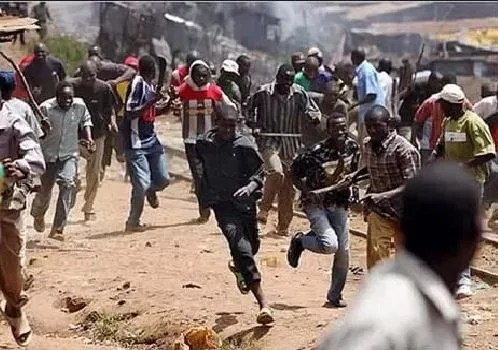
The Pathfinders Arewa Project, a northern advocacy group, has criticized the recent call by Catholic Bishops for a State of Emergency to be declared in Benue State.
The group warned that framing the crisis through a religious or ethnic lens could further inflame tensions in Nigeria's multi-religious society.
According to a statement by its chairman, Abdulhamid Abdullahi Jakadan, the group acknowledged the deep concerns expressed by the Charismatic Bishops Conference of Nigeria, CBCN, over persistent insecurity and the tragic loss of lives in Benue.
It, however, criticized the Bishops' press release, saying it was based on misleading narratives.
"While we share the pain of affected communities and support all efforts to bring peace and justice, portraying the crisis solely through a religious or ethnic framework is dangerous and misleading," Jakadan said.
Recall that Bishops had called on President Bola Tinubu to swiftly declare a state of emergency in Benue over the recent spate of killings in the state.
According to Jakadan, the security crisis in Benue is rooted in long-standing disputes over land, environmental degradation, and the weakness of conflict resolution mechanisms-not religious persecution or Islamisation, as suggested in some quarters.
The group stressed that both Christians and Muslims have suffered violence across states like Zamfara, Katsina, Borno, and Plateau, urging the Bishops to recognize the broader national security challenges.
"The claim of an Islamisation campaign in Nigeria is unfounded and dangerous. Nigeria is a secular state with constitutionally guaranteed religious freedom. Such claims, especially when echoed in foreign forums, risk damaging national unity and distorting global understanding of our situation."
"If a State of Emergency was not declared in Zamfara or Katsina-where hundreds have been killed or abducted-why should it be considered for Benue? Such selective advocacy raises concerns about partisanship," the group said.
It further warned that religious leaders should not allow themselves to be used as political tools, especially by actors allegedly seeking to undermine state leadership, urging focus on enhancing security infrastructure, strengthening local conflict resolution mechanisms, and promoting inclusive dialogue across ethnic and religious divides.
"Justice must always be pursued, but with truth, restraint, and responsibility. The CBCN should be a force for unity, not division," the group added.

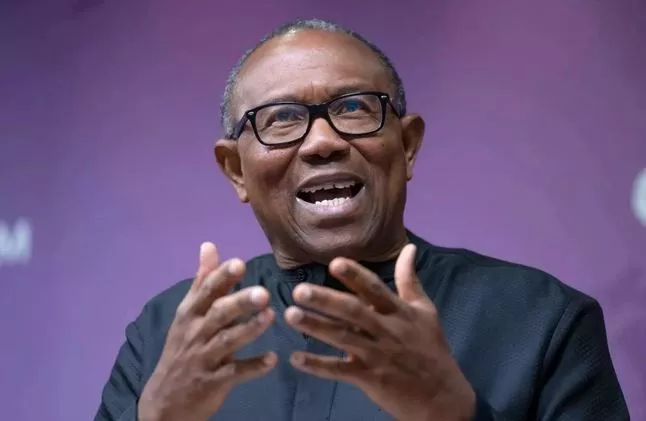

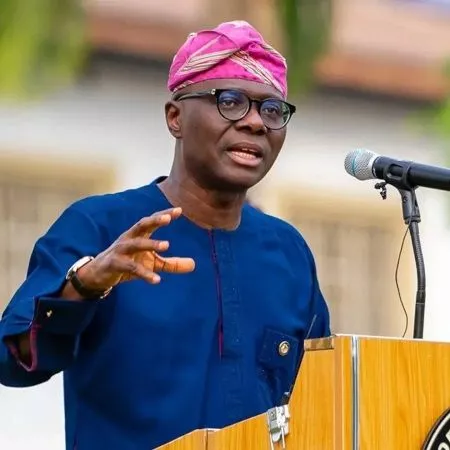
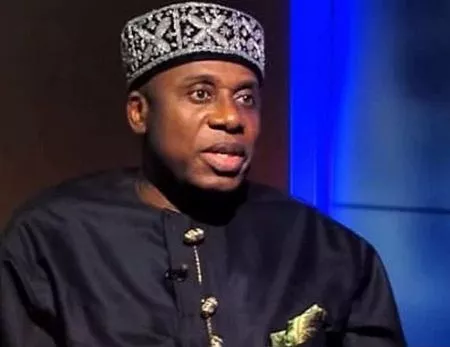
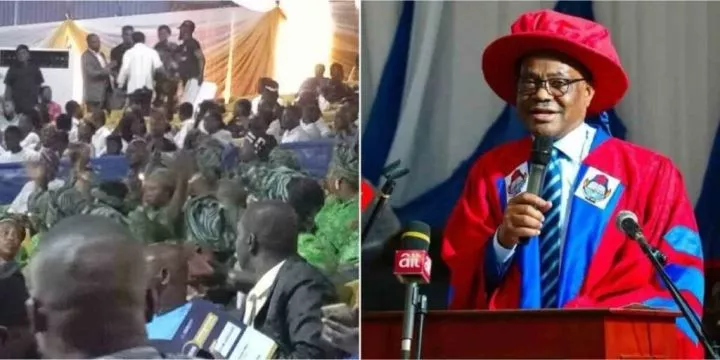
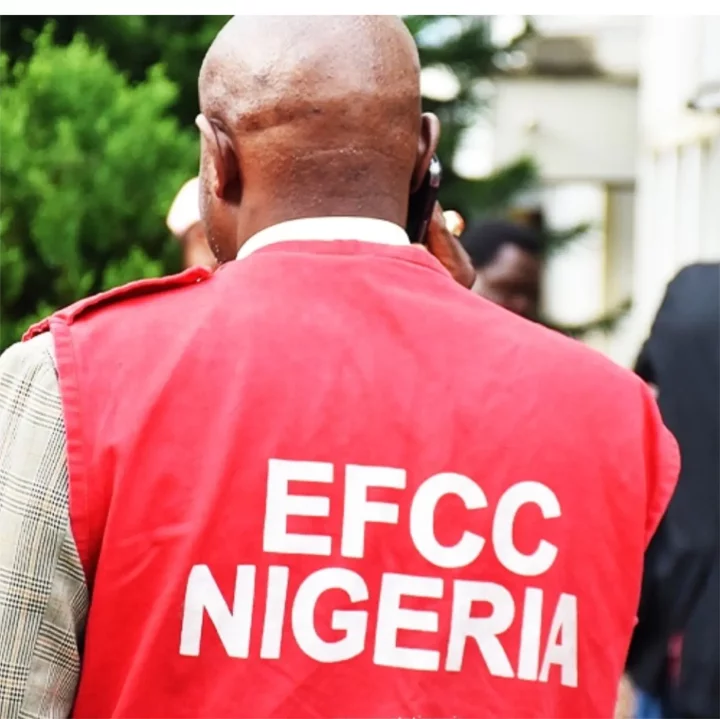


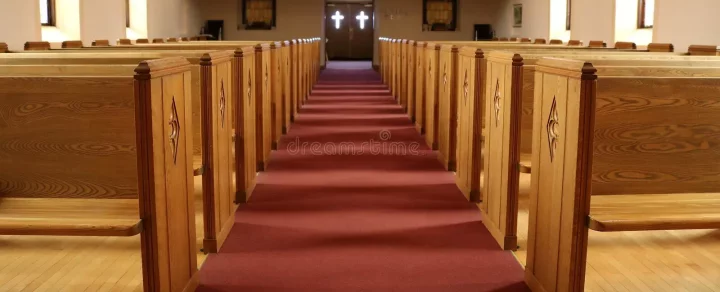



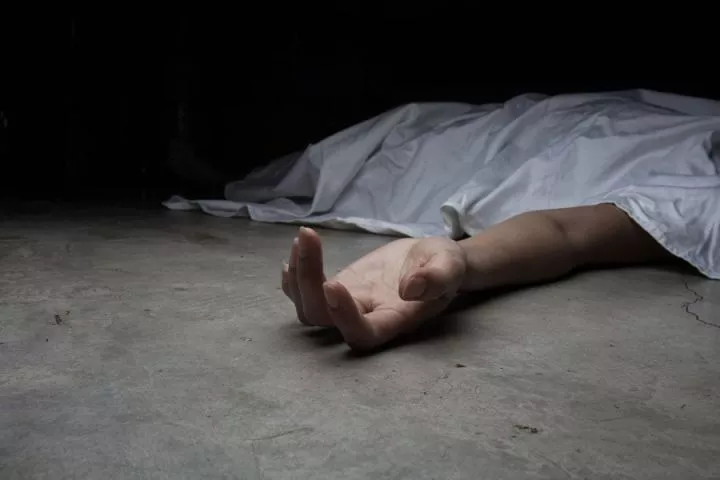
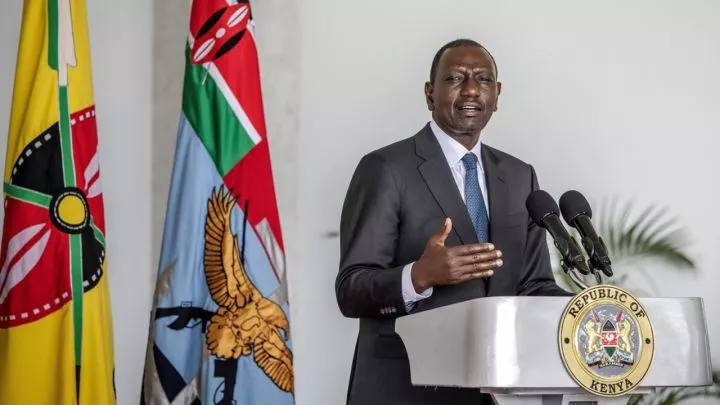

Comments